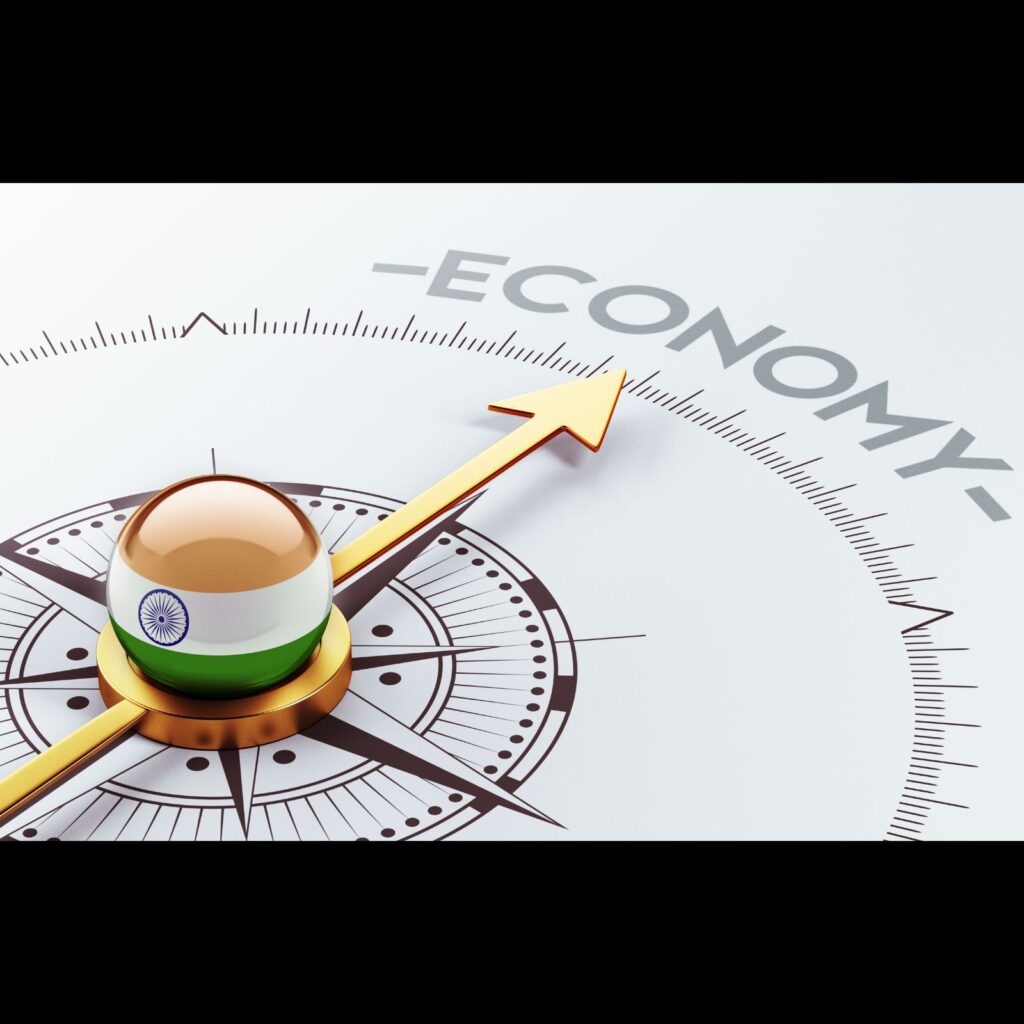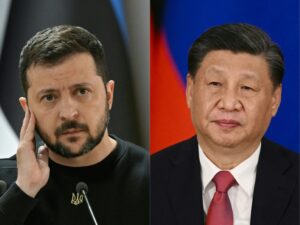
With China Running on Fumes, Time for India to Go Full Steam Ahead .
Xi Jinping has inaugurated the 20th National Congress of the Chinese Communist Party (CCP), reiterating his hardliner policies that aim to tackle corruption, regulate private industries, integrate Hong Kong with the mainland China system run by the CCP against the global mandate, and to take Taiwan forcibly if dialogue fails, even if the United States is standing with the island nation. His 2022 address mostly repeats what he had said during the 19th CCP National Congress in October 2017 but in a more aggressive way.
He has defended his ‘zero Covid policy’ that is being seen as one of the major reasons behind China’s economic slowdown apart from the Russia-Ukraine war and the possible recession in Europe and America that means sagging demand and thus reduced import. China is the world’s manufacturing hub with 28.7% of the global manufacturing output, says data from the United States Statistics Division. The country alone accounts for 15% of the export.
But the series of lockdowns the country is witnessing this year have put a significant dent in its economic performance, hitting 35% of the Chinese GDP, says a Goldman Sachs analysis. While most of the world had one clear way to handle the pandemic in mind, to learn to live with it, China’s ‘zero Covid policy’ stands at the other end. Even if very few cases are detected at a particular place, the larger area surrounding it, including all its social and industrial establishments, is put in complete lockdown mode with forced mass testing targeting every person. Most Chinese cities including the industrial ones like Shanghai, Shenzhen, and Chengdu were locked for many weeks under the policy that critics call draconian.
A Chinese slowdown that is expected to continue with Jinping’s increased emphasis on the ‘zero Covid policy’, combined with the chances of a recession in Europe and America means good things for India, the other major economy that is being seen as the “only bright spot available in the current economic scenario”.
India is currently the fastest-growing major economy and its economic growth has been praised most recently by the International Monetary Fund (IMF). Calling India a “bright spot” in the current global scenario, IMF MD Kristalina Georgieva said, “India has been a fast-growing economy, even during these difficult times, but most importantly, this growth is underpinned by structural reforms.” The country’s strong comeback on the economic front after the Covid crisis has been welcomed and congratulated by the IMF, the US Treasury, and other countries and multilateral organisations. Georgieva said India “will leave a mark on the world for years to come” while praising its digital transformation.
CNN-News18 spoke to some expert voices on the issue to get an idea of what lies ahead for the country and the challenges it faces.
India’s rising economic potential cannot be linked with China’s slowdown, said Niraj Srivastava, a former diplomat with career stints in the United States, West Asia, and Europe, adding that it does add to India’s chances to perform better. “The sustained lockdown and unfair practices against the business entities in China are forcing many multinational companies to find an alternative. Some of them have shifted to India or are in the process of shifting. Combine it with the Covid-induced slowdown, leading to sagging production, and it means India is an alternative choice for future direct investment by other countries and multinational corporations,” he said.
According to Srivastava, India’s young population and its large workforce are going to be major factors in the country’s growth. It is complemented by India’s positive efforts to attract foreign direct investment to the country by developing an infrastructural network across the nation to ease supply chain problems, he said.
A Michael Spence, a Nobel laureate and professor of economics at Stanford University, called India a key economy of the future. Professor Spence said “India is an outstanding performer” in the current global economic situation, in an interview given to the Economic Times.
While speaking to CNN-News18, Professor Nagesh Kumar, director of the Institute for Studies in Industrial Development (ISID), a Government of India-owned premier policy research institute, said the Indian economy appears like a beacon of stability and growth when juxtaposed with the fact that major economies are getting into the grip of recession and high inflation. With its robust macro fundamentals, acceleration of industrial growth (IIP) in the past few months, and a relatively good monsoon, the Indian economy is expected to grow at a rate of around 7.0% in 2022-23, which will make it the fastest-growing major economy in the world, he said.







